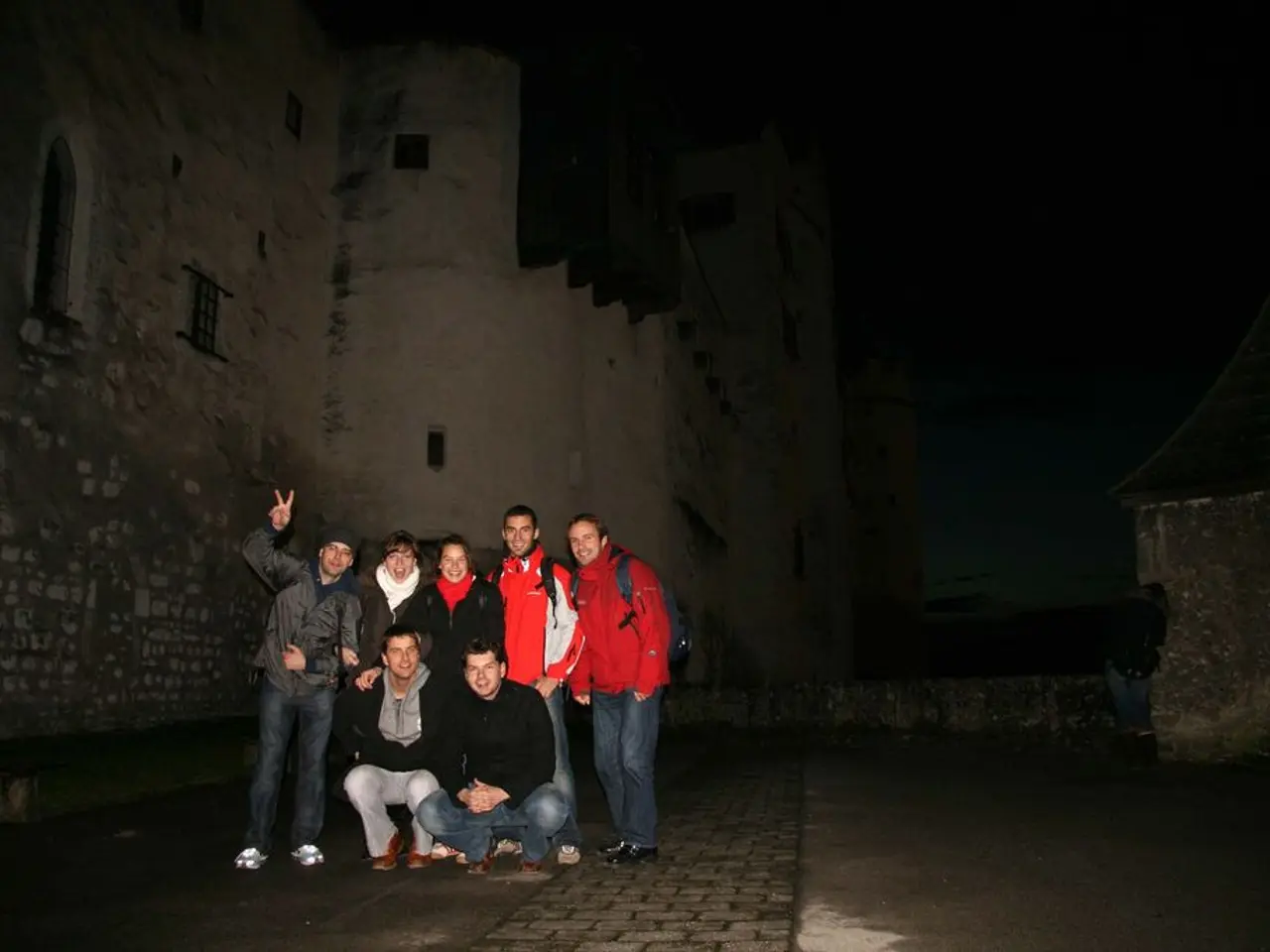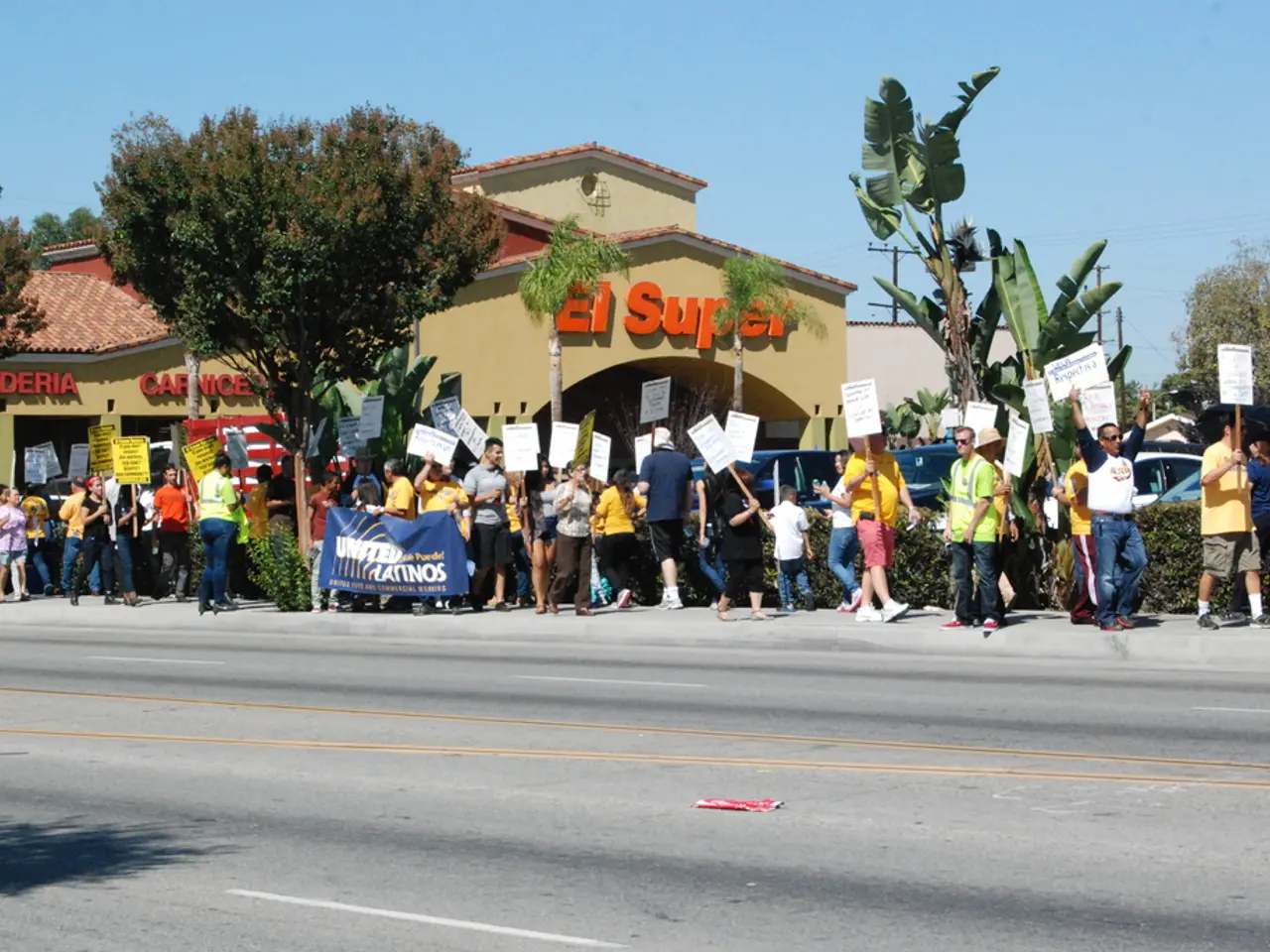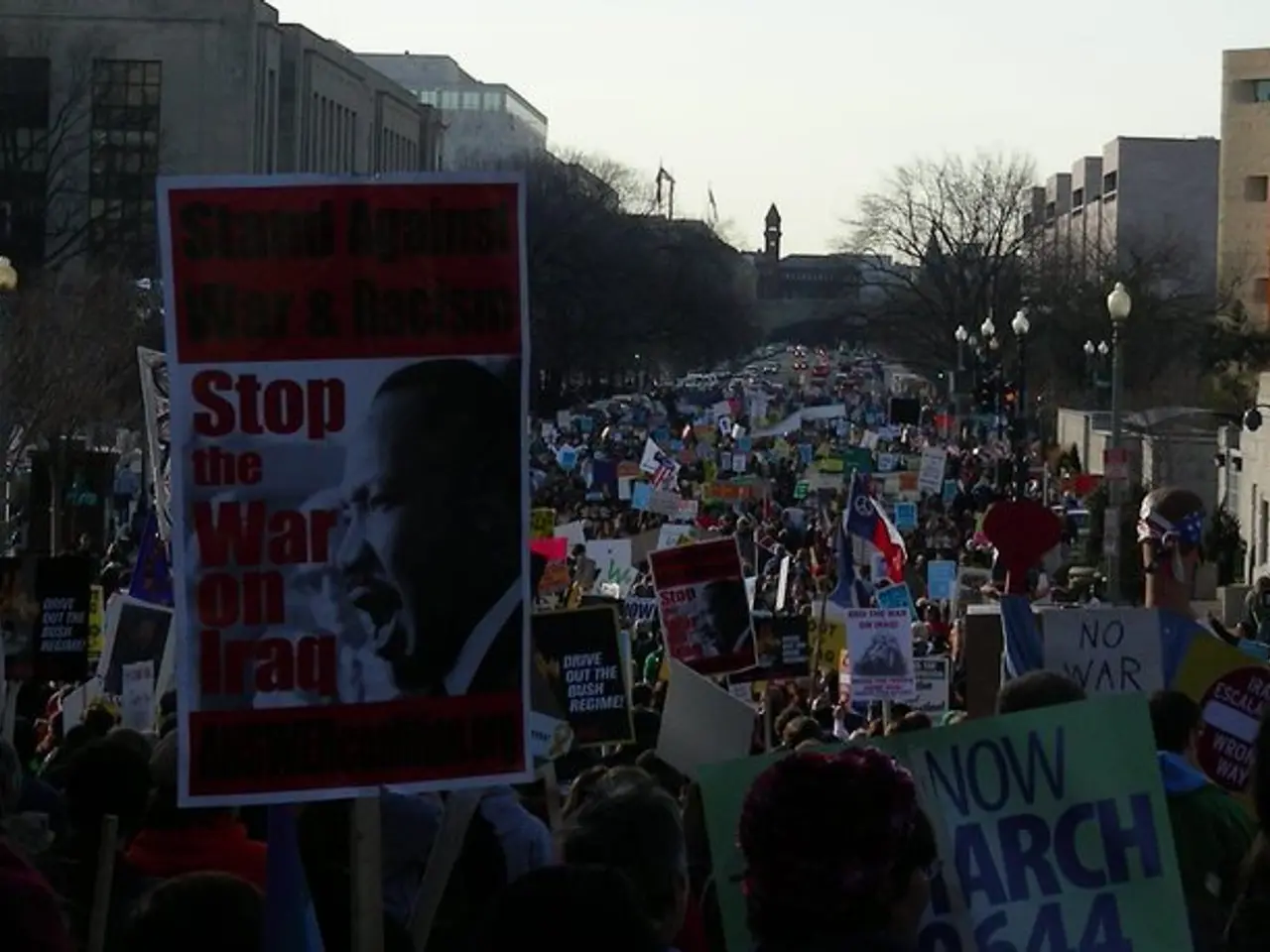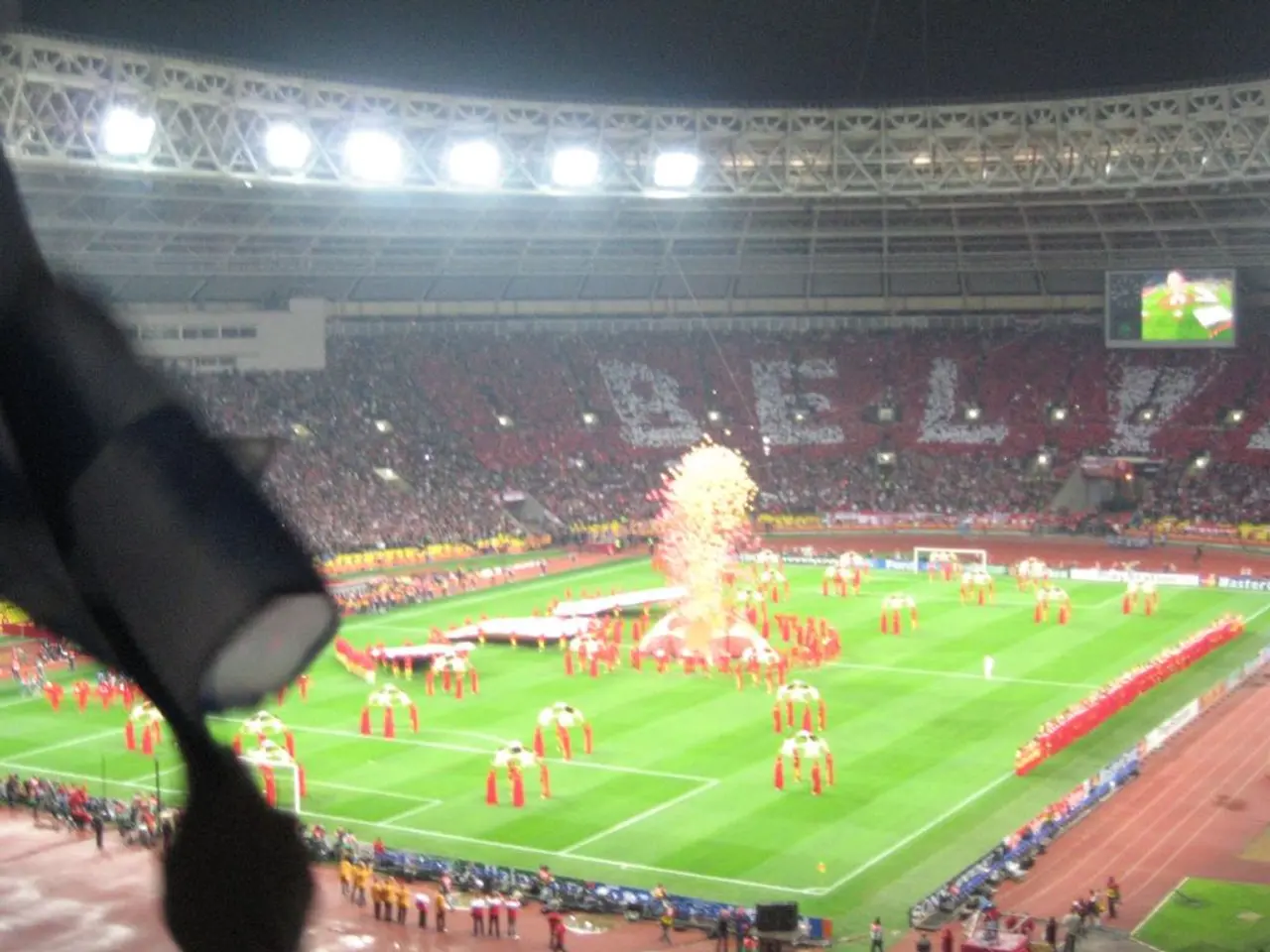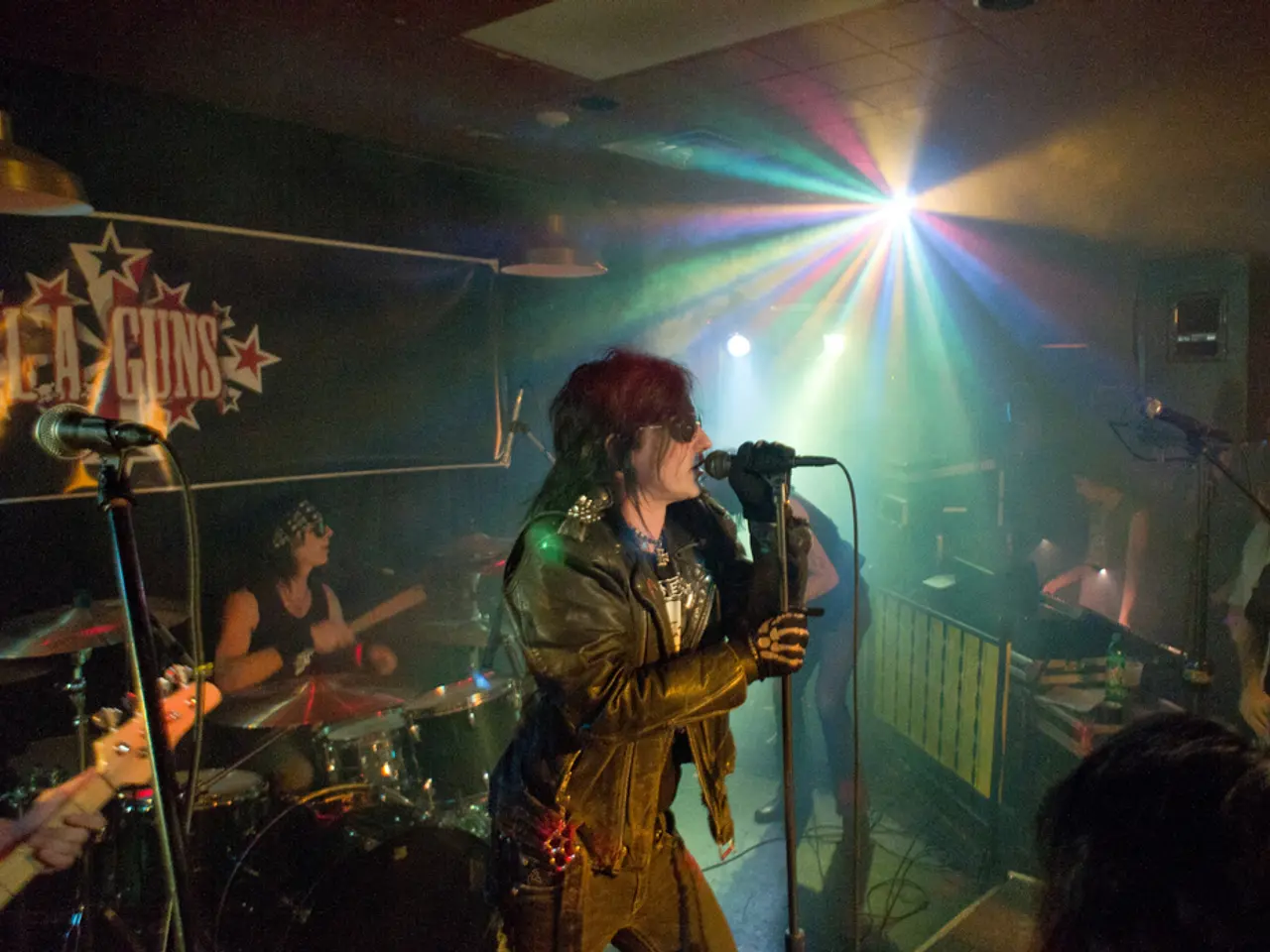Historical Milestones on January 25: A Look Back at Significant Events
In the year 1077, a significant event unfolded in the heart of medieval Europe that would reshape power dynamics between the Church and the Holy Roman Emperor. This was Henry IV's Walk to Canossa, a penitent journey that marked a defining moment in the Investiture Controversy.
The Investiture Controversy was a power struggle between Pope Gregory VII and Henry IV over the authority to appoint church officials. Henry, King of Germany and Holy Roman Emperor, refused to recognise the pope's ban on lay investiture - a practice where secular rulers appointed bishops and abbots. This refusal led to Henry's excommunication in 1076 and political isolation as many German princes rebelled against him.
Facing revolt and loss of support, Henry travelled to Canossa in northern Italy, where Pope Gregory was staying in the castle of Matilda of Canossa. For three days, Henry stood barefoot in the snow outside the castle as a penitent, seeking absolution and the lifting of his excommunication. Gregory, moved by Henry's humility, forgave him, lifting the ban. However, this was only a temporary truce. The German princes soon opposed Henry further, electing a rival king in 1077 and prolonging the conflict.
The consequences of the Investiture Controversy and Henry’s humiliation at Canossa were far-reaching. It marked a defining moment in the struggle between papal and imperial authority, ultimately diminishing royal control over church appointments. The conflict continued for decades, leading to further excommunications and depositions, and influencing imperial policies and papal power well into the 12th century.
Matilda of Canossa played an important role as an ally of the Pope, providing her castle for the confrontation and supporting the papal cause against Henry IV.
The Investiture Controversy was a pivotal episode in history, shaping the power balances of the medieval world. It set a precedent for future conflicts between the Church and the Holy Roman Emperor, with later emperors like Frederick Barbarossa continuing to face tensions with the papacy rooted in these investiture disputes.
In another part of the world, significant events were unfolding. In 1759, Robert Burnes, who would later become Scotland's best-loved poet, was born in Alloway, Ayrshire. In 1882, Virginia Woolf, English novelist, critic, and queen of the Bloomsbury Group, was born at Hyde Park Gate, Kensington. And in 1971, Idi Amin seized power in Uganda while the country's president, Dr Milton Obote, was out of the country attending a Commonwealth conference in Singapore. These events, while different in nature, each left their indelible mark on history.
References: 1. Investiture Controversy 2. Henry IV, Holy Roman Emperor 3. Canossa, Castle of 4. Matilda of Canossa 5. Idi Amin 6. Virginia Woolf 7. Milton Obote
- The Investiture Controversy, a significant power struggle between Pope Gregory VII and Henry IV, was not only a pivotal event in medieval Europe but also set a precedent for future conflicts between the Church and the Holy Roman Emperor, including those with emperors like Frederick Barbarossa.
- Meanwhile, in the realm of general news in the modern era, events such as the birth of Robert Burnes in 1759, Virginia Woolf in 1882, and Idi Amin's seizure of power in Uganda in 1971, while different in nature, each left an indelible mark on history, much like the Investiture Controversy did during the medieval period.
